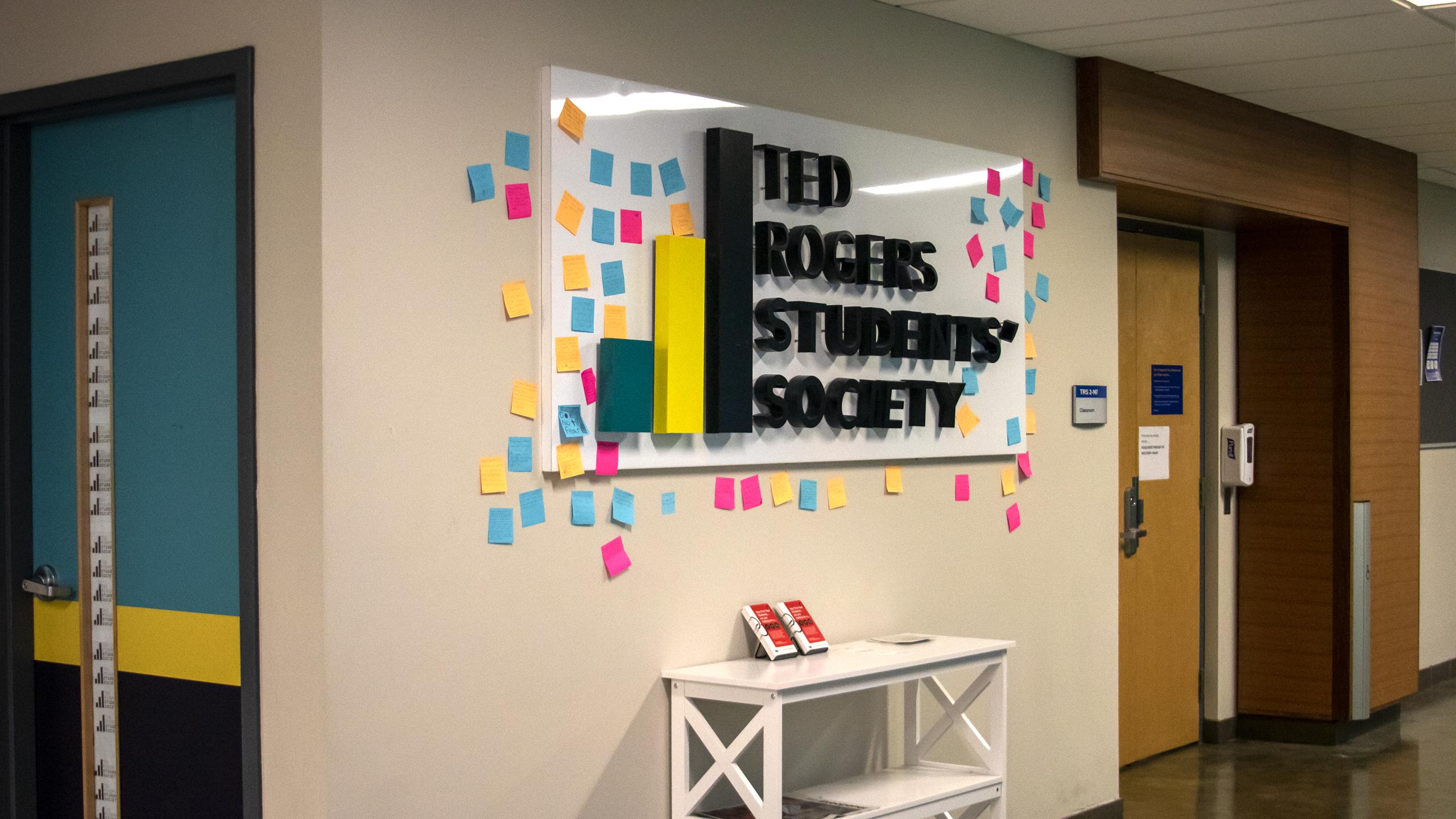By Jack Wannan
If you don’t know what you want to do with your life yet, you aren’t alone. Across all facets of education at Toronto Metropolitan University (TMU), students are constantly on the hunt to figure out where they want to go career-wise—and many still haven’t decided.
Your time as a university student is a great way to discover what opportunities are out in the world for you. Apart from your everyday in-class learning, there are a lot of resources that you can utilize to form connections and find career opportunities right on campus. Below are four ways you can dip your toes into different industries, develop skills and gain experience, all through campus.
Work for Career Boost
TMU’s Career Boost program is a work-study program that hires eligible full-time international, domestic, undergraduate and graduate students into paid, part-time positions throughout the academic year in various faculties and departments across the university.
The program, which employs over a thousand students each year according to the university’s website, allows hired staff to “put academic theory into practice.” Job postings can range from architectural science programming to sports broadcasting for the university’s sports teams.
Prior to being appointed into a position, students must be approved for Career Boost by Student Financial Assistance through the Career Boost Portal for undergraduate students and AwardSpring for graduate students. Once approved, the program’s paid opportunities are extensive and worth the application process.
Attend events, both on campus or online
TMU regularly hosts events meant to guide and inform students about their career options. Take a glance at the school’s schedule online to see what is coming up.
Many events are focused on educating students on career opportunities and introducing them to resources that help them take the next step in their professional lives. For example, the Teaching Pathways event hosted this week helped inform students about the varying types of careers available in education.
“We wanted to show students the power of their degree,” said Ken Lee, a career education specialist at TMU and organizer of the event.
“If you decide to pursue a bachelor of education [after your time at TMU], you can actually work in the tech sector or as a career educator. Your degree doesn’t limit you to what you can do.”
These events offer flexible accessibility options. Some are on campus, while others provide online accommodation for those who can’t attend in-person.
Join a club
Along Gould Street this fall, there was a long, snake-like figure of tables that went down the street and wrapped around Lake Devo. The tables were set up by many of the school’s student clubs and groups, available for students to join.
According to TMU’s website, there are hundreds of clubs at the school, including many career-based ones.
The Ted Rogers Sales Club, a business-oriented club, aims to teach students about “sales skills and strategies” through events and workshops, according to their LinkedIn profile.
It’s just one of the various student-run groups that can give you the chance to hone skills that you can use in your career.
Each club has numerous positions, from management, to accounting, social media and more. Members can take on roles that best suit them career-wise.
Volunteer around campus
If committing to a club is too time-consuming for what your schedule currently allows, consider volunteering for specific events or projects related to a hobby or interest that you have.
Working on these events allows students to stay engaged with a passion of theirs while gaining experience managing and getting involved in their chosen industry.
For example, the university’s campus radio station, CJRU 1280 AM, depends on volunteer support to host on-air content or cover and review local concerts—short-term projects which journalism and radio and television arts students regularly take on.
Organizations and events don’t run themselves. Every person involved in projects held on campus is not only working on something that they care about, but gaining important career experience at the same time.










Leave a Reply